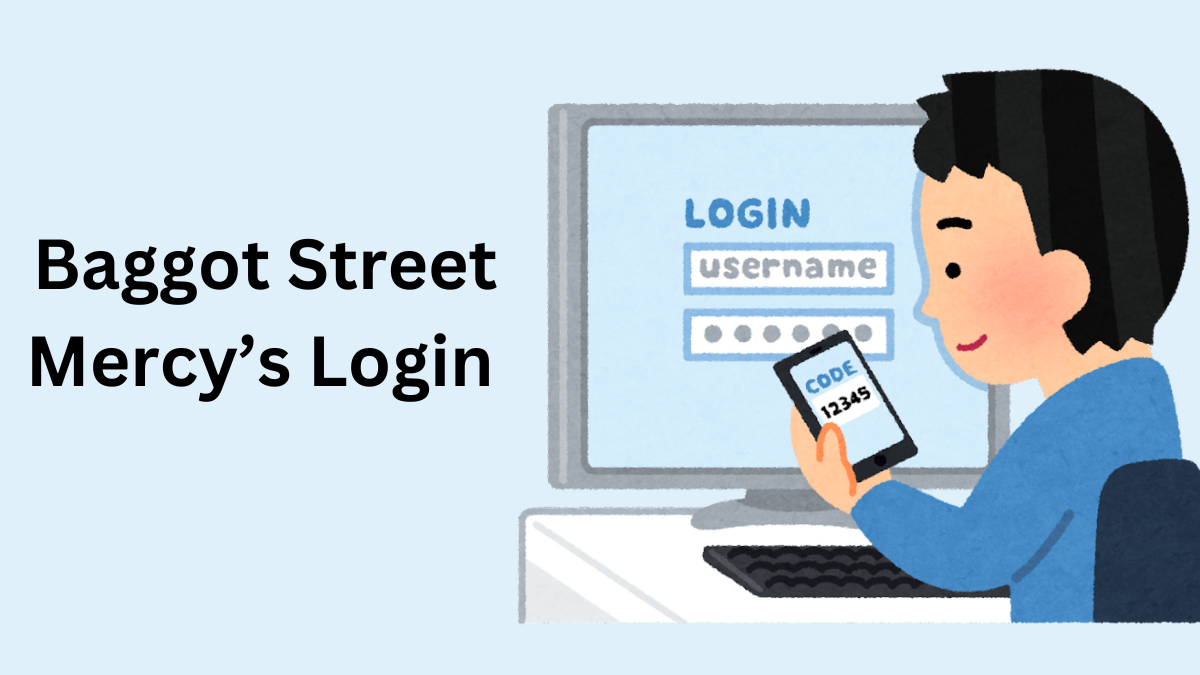Hospitals and healthcare institutions often deal with complex financial management issues due to numerous revenue sources, billing and coding requirements, regulations, etc.
There is simply a vast array of information that hospitals need to deal with every single day, and as healthcare institutions increase in size and scope, so do the complications and likelihood for mismanagement and mistakes to occur.
This is where Revenue Cycle Management (RCM) Platforms can greatly help. An RCM platform is typically a software package or tool that helps hospitals automate and streamline their revenue management, making the entire process far simpler to manage. Many of them are also helping hospitals deal with labor shortages due to mass resignations from hospital staff.
In this article, we are going to explore what RCMs actually do, how they help, and why more hospitals should consider investing in them.
What is the Role of an RCM Platform in a Hospital?
Revenue Cycle Management or RCM for short is a platform that hospitals and healthcare institutions utilize in order to help manage the many sources of revenue that they generate.
For instance, hospitals generate revenue from patient registration and scheduling, insurance payments, government programs, grants and donations, and ancillary services like laboratory and imaging tests.
When hospitals and healthcare providers realized that rapid increase in revenue required a reliable way to ensure accurate financial management, RCM platforms were the solution that was created and over the last few decades, have managed to prove their worth when it comes to aiding hospitals with their finances.
You might be wondering why the management of revenue requires a special platform. Wouldn’t accounting solutions work well for this?
Well, a revenue cycle management platform does a lot more than “manage revenue”. They are designed from the ground up to work with medical institutions and, specifically, all the complexities that come from the revenue cycle of healthcare institutions.
Moreover, many RCM platforms like Millin, along with other features, are able to integrate with your existing electronic health records, automate repetitive activities and help with pre-billing eligibility checks. This is something that accounting models are unable to do.
Many RCMs can also provide additional statistics and data analysis that can be used to tweak and adjust a hospital’s financial decision-making process.
How RCMs Help Improve Efficiency in Hospital Finance Management?
By using the services of a reliable RCM platform, hospitals are able to streamline a number of activities that would normally take up considerable time, effort, and resources.
It reduces administrative costs and can free up staff to focus on more useful responsibilities.
RCM solutions also increase revenue to a certain extent due to the increased simplicity and ease by which payment processing is done. This also has the nice side effect of ensuring that cash flow is at an optimal level due to fewer payment errors and issues.
When a hospital appears to be well run in terms of its finances, one of the benefits it enjoys is an increase in reputation. It is common these days to come across institutions that lack transparency and organization when it comes to their financial management.
This leads to a loss of trust and faith in patients, third parties that interact with the hospital, and even the hospital’s own staff.
Hospitals that use RCM platforms find it easier to deal with the strict compliance and regulations from the government with regard to financial matters. This becomes especially important in aspects related to Medicare and Medicaid.
Hospitals need to ensure that their medical codes are accurate and up to date in order to receive reimbursement from government agencies and insurance companies. Proper medical coding also improves efficiency due to better communication with other healthcare providers.
All these aspects become significantly easier to manage with RCM platforms.
Another interesting manner that RCM platforms contribute to efficiency is that due to how good they are at tightening and sprucing up financial management, investors and donors feel more confident in their contributions and are likely to contribute more as they know the money is going to be well accounted for.
In fact, many RCM platforms have inbuilt donor management tools that organize donor information into clear categories like donation history, correspondence, contact details, and more.
Conclusion
Revenue Cycle Management (RCM) platforms have become indispensable for healthcare organizations. They help hospitals manage their revenue efficiently, leading to better financial performance.
As a result of their ability to automate complex financial workflows, RCM platforms are able to help hospitals focus on delivering quality care to their patients. These platforms are also getting ready to start leveraging AI to take efficiency to the next level.
Additionally, given the complexity of healthcare regulations and the importance of cost control, RCM platforms are a sensible solution in helping hospitals overcome the many common challenges that come with finance revenue management and offer a great ROI.









